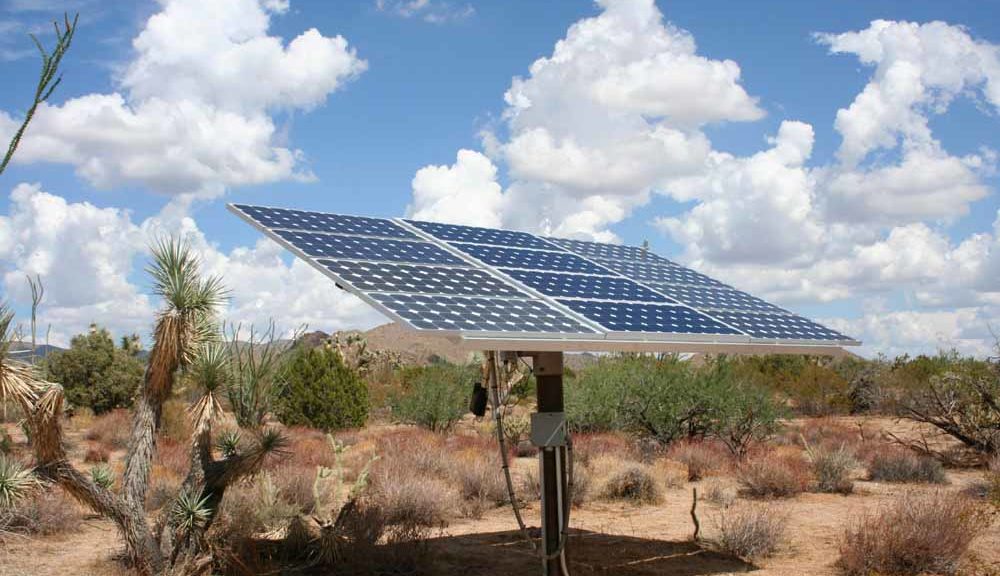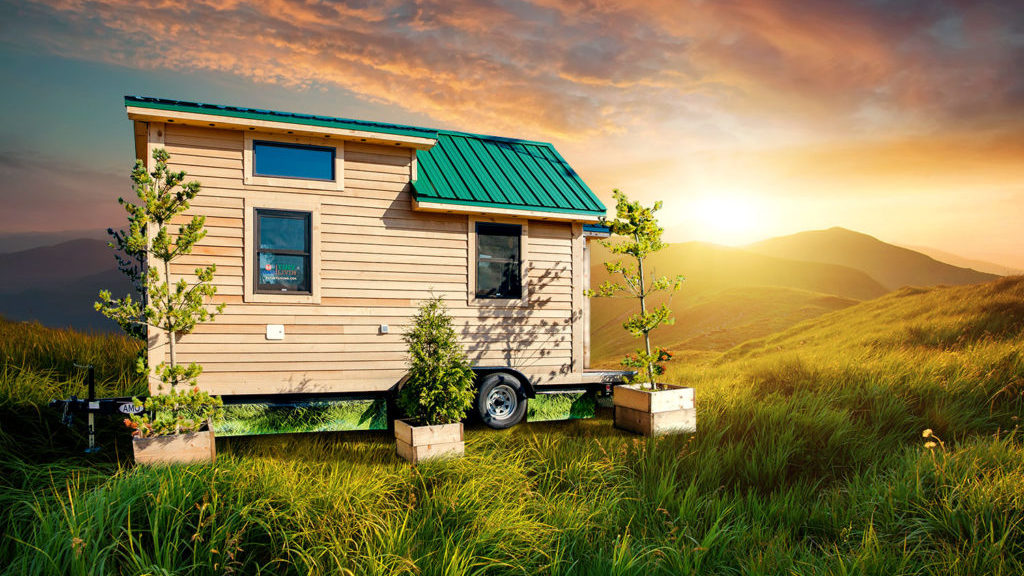At a time when the world is already being hit with major crisis after major crisis, our sun is behaving in ways that we have never seen before.
For as long as records have been kept, the sun has never been quieter than it has been in 2019 and 2020, and as you will see below we are being warned that we have now entered “a very deep solar minimum”.
Unfortunately, other very deep solar minimums throughout history have corresponded with brutally cold temperatures and horrific global famines, and of course this new solar minimum comes at a time when the United Nations is already warning that we are on the verge of “biblical” famines around the world. So we better hope that the sun wakes up soon, because the alternative is almost too horrifying to talk about.
Without the sun, life on Earth could not exist, and so the fact that it is behaving so weirdly right now should be big news.
Now, more than ever it seems like a good time to store a little more, and above all try to “stay away from crowds” as Uncle Remus says.
The pandemic this year has shown just how vulnerable our “just in time” delivery systems are. With literally tons of food being thrown away because of logistical issues, and the potential shortage of meat due to the concentration among just a few large factory farms, relying on supplies being available in tighter times such as these is just foolish.
FEMA says everyone should have three days of food & water, but as we’re only nine meals away from anarchy, one surely ought to try and have a little more.
Where to start? There are many good articles about preparing on a budget. Whether it’s a pandemic, a solar minimum, or even just an old fashioned hurricane, better to have more and not need it, than to want in an emergency. Start today – Ben


